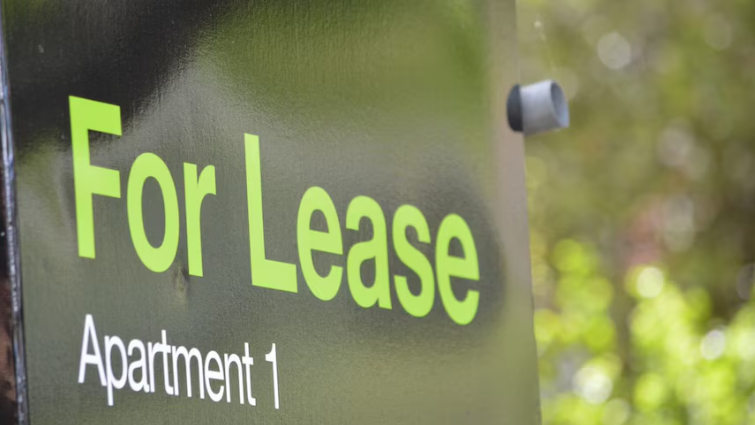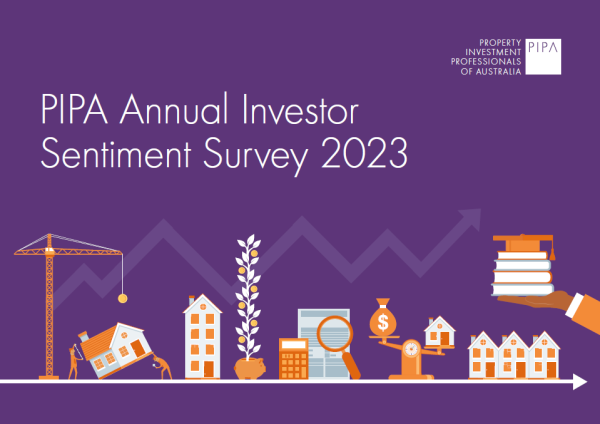Warracknabeal home buyer finds home in filthy state after buying property online
May 2024Karen Millers
Categories
Location ReportsMedia releasesNational market updatesPersonal advisersPIPA AdviserPIPA Annual Investor Sentiment SurveysPIPA Member ProfilesPIPA video updatesPIPA webinarsPodcastsProperty advisersProperty newsLatest Articles
Savvy investors step up as ‘hysteria’ passes
PIPA Member Profile | Glenn Biggins, Focus Property Wealth
Warracknabeal home buyer finds home in filthy state after buying property online
Maretta Osgood’s move to regional Victoria after six years in Western Australia has been soured by a find that made one of her sons physically sick.
The near 60-year-old, a full-time carer for her youngest son with autism, said she wanted to return to her home state for his benefit.
Ms Osgood said she bought a house in Warracknabeal after inspecting it online while she was living in Western Australia.
That was where her trouble started.
Ms Osgood said she didn’t know anyone who could inspect the property for her, leaving her relying on outdated photos to assess its condition.
“I told this real estate agent that I was in Western Australia and didn’t have any family at the time that could come and view it and they did not indicate that a viewing would affect any decision [to purchase it],“ she said.
She said the property was full of rubbish when she arrived with her sons in March late one night after flying from WA, but that didn’t bother her.
“People have stuff. I was ready for the stuff,” she said.
But she said they were confronted by an overwhelming smell when she turned the key to the front door.
“One of my sons just walked out and literally vomited in the street,” Ms Osgood said.
“I wasn’t ready for the smell and the cat food tins just wrapped up and thrown everywhere and I wasn’t prepared for the faeces from the front door to the back door.”
Beneath the clothes, papers, and furniture, she said layers of ground-in cat excrement had seeped into the timber flooring.
That night, she, her two sons and dog slept in the car.
About two weeks later, the local council paid them a visit and informed her that while the house was structurally sound, the house was not considered habitable and could be a potential health hazard.
“We were made homeless. I know that sounds melodramatic, but it’s really true,” she said.
Limited information
Ms Osgood said she didn’t feel like she was putting her family at risk buying a house without viewing it because she had a positive experience with the WA agent who sold her her first home, which was also bought sight unseen.
Ms Osgood said when she contacted the Victorian agent to buy the property, she explained she wasn’t experienced in buying a house, had a son with complex health needs, and requested the interior be emptied of any belongings and furniture.
The agent negotiated $10,000 off the asking price of $145,000 because the house was “dirty”, but Ms Osgood said at no point was the smell and the amount of soilage conveyed to her.
“If the agent had said to me there is animal dirt from front to back I could not and I would not have bought it because it was a terrible psychological and physical danger to my son.
“[He] became very disoriented and stressed and didn’t know what to do.”
ABC contacted the real estate agent, but they declined to comment.
Warracknabeal rolls up its sleeves
Ms Osgood said her family couldn’t live in their house because it needed to be repaired.
She said their out-of-pocket costs would be at least $10,000 to cover their short-term accommodation and rubbish removal.
“The bigger story is really just the friendship and the generosity of the people in Horsham and Warracknabeal,” she said.
Within the first week people came over to ask if the family needed help with meals, a shower, or washing clothes.
“We had a man come at Easter and just put an envelope in my hand with $150 cash for us,” Ms Osgood said.
“And when the rains come, he drove down to make sure we were inside and that we were dry.
“If we hadn’t have had the people, we wouldn’t have stayed.
“We would’ve driven away.”
Ms Osgood has lodged a complaint with Consumer Affairs Victoria.
In a statement, the watchdog said it took such complaints seriously and if required would investigate.
Ethical obligation to disclose
Real Estate Institute of Victoria president Jacob Caine urged potential buyers to do everything possible to inspect a property in-person before buying it.
He said in Ms Osgood’s case, if the impact of the soilage was significant enough to warrant the local council to advise against living there, then it should have been disclosed.
While it is against the law for agents in Victoria to knowingly conceal material facts about a property, Mr Caine said it could be difficult to determine what constituted a material fact.
The Sale of Land Act 1962 considers a material fact as information a reasonably informed purchaser with a fair-minded understanding of the property market would use when deciding whether to buy land.
That included information such as structural damage that compromised the building’s integrity or a serious crime that was committed there.
Material facts also included information known to the vendor or agent that would be pertinent to a specific buyer’s needs even if it was immaterial to others.
Mr Caine gave the example of a buyer with respiratory complications interested in buying a house near a chemical plant.
He said even if there was no legal requirement to disclose this information to the buyer, “ethically, agents should be disclosing that information if they know it might have an impact on the experience of the purchaser.”
Melbourne buyers agent and Property Investment Professionals of Australia director, Cate Bakos, echoed the need for an independent in-person inspection.
Ms Bakos said that if real estate agents were aware that a buyer had a specific issue that could be affected by a property, agents were morally obligated to try to understand the risks the property could pose to the buyer.
“Break it down and ask a few key questions, ‘what is it that we’re looking out for, what is it that you could be sensitive to,” she said.
But Ms Bakos said while agents had to act ethically, responsibly and honestly — their duty was to the vendor, and buyers could not assume agents would represent their interests.
Originally Published: Gillian Aeria | ABC News | 4 May 2024
“Licensed by Copyright Agency. You must not copy this work without permission.”




